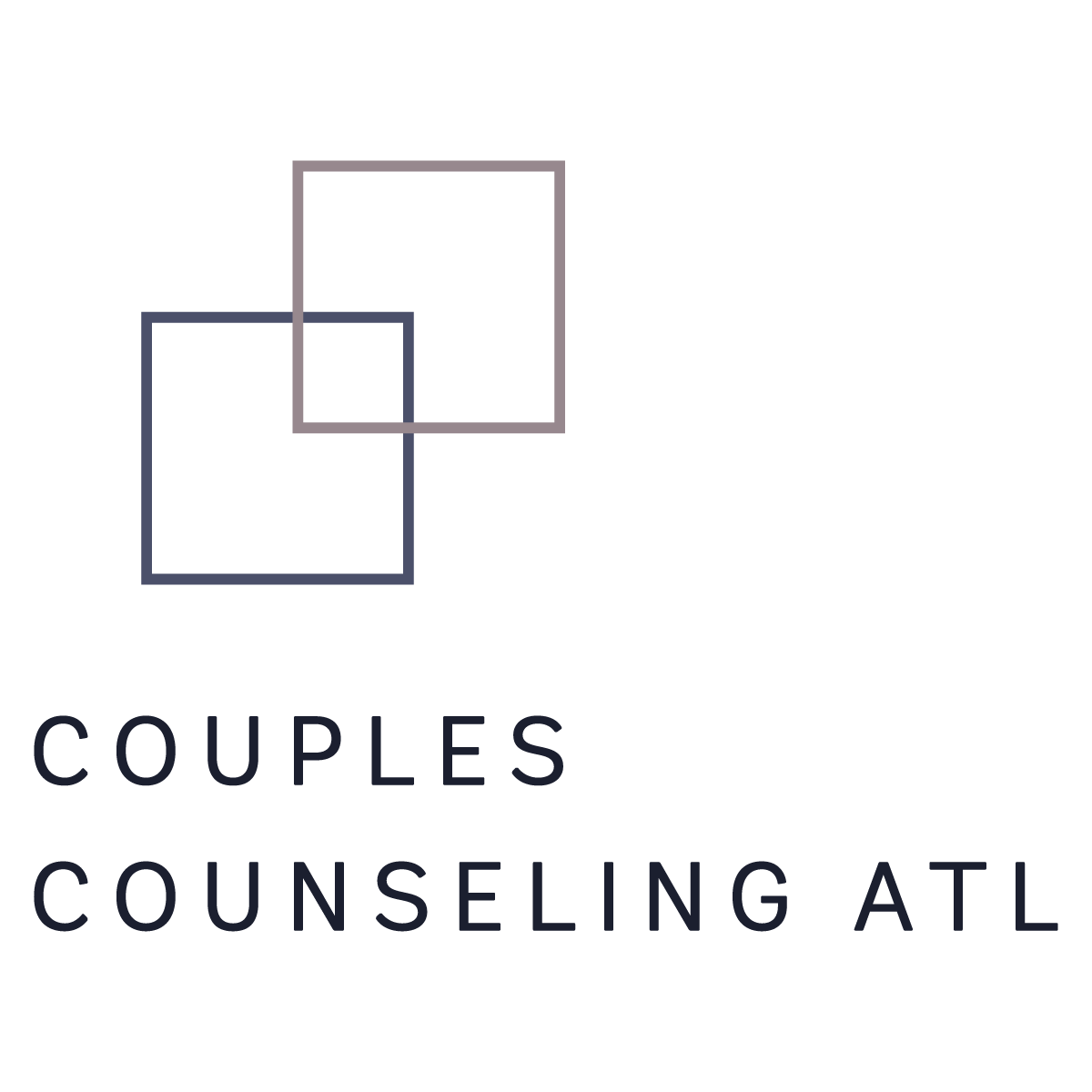You Know What Is Scary? Guilt and Shame in Relationships
I'm Matthew Richardson, a therapist here at Couples Counseling ATL, and I want to share something significant that often arises in my counseling sessions.
Shame is a universal emotion; that pit in our stomach, the feeling that something is inherently wrong with us. It's a feeling we all experience, but it's not something that should define us. Instead, I encourage my clients to transform this shame into something more productive: guilt or regret.
Brene Brown, a renowned researcher, distinguishes between shame and its more constructive counterparts. Shame tells us we are fundamentally flawed, whereas guilt and regret allow us to acknowledge our mistakes, understand their misalignment with our values, and motivate us to make amends. They empower us to take action, to grow, to better align our actions with our ideals.
Consider a recent encounter with a couple I was counseling. Accusations of gaslighting and abuse were hurled, creating an emotional battleground. Instead of immediately falling into a defensive stance, one partner paused. They asked, “How have I unknowingly sent messages that made you feel gaslit?” This curiosity, this willingness to self-reflect, changed the game entirely. The accuser softened, explaining their perspective, and the conversation shifted from conflict to connection.
This transformative moment illustrates the power of turning shame into curiosity, guilt, and ultimately, growth. It's about questioning our behaviors, understanding their impact, and taking responsibility to change. It's not about accepting shame as an identity but recognizing it as a signal for personal evolution.
So, I encourage you to embrace this transformative journey. When shame knocks, answer with curiosity. Ask yourself, “What can I learn? How can I do better?” And if your partner voices concerns, listen with an open heart. Explore their perspective, no matter how challenging, for within those conversations lie opportunities for profound growth.
Click on the bottom link to watch our latest video on this topic, with our Gottman-Trained therapist at Couples Counseling ATL, Matthew Richardson, MFT, where he explains in further detail! Finally, stay tuned these next couple of weeks to learn more about different upcoming topics!

